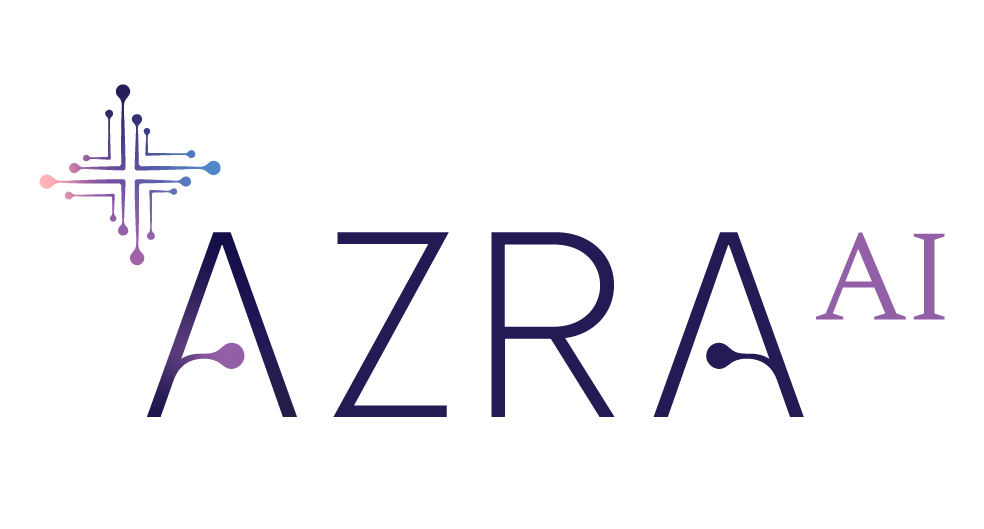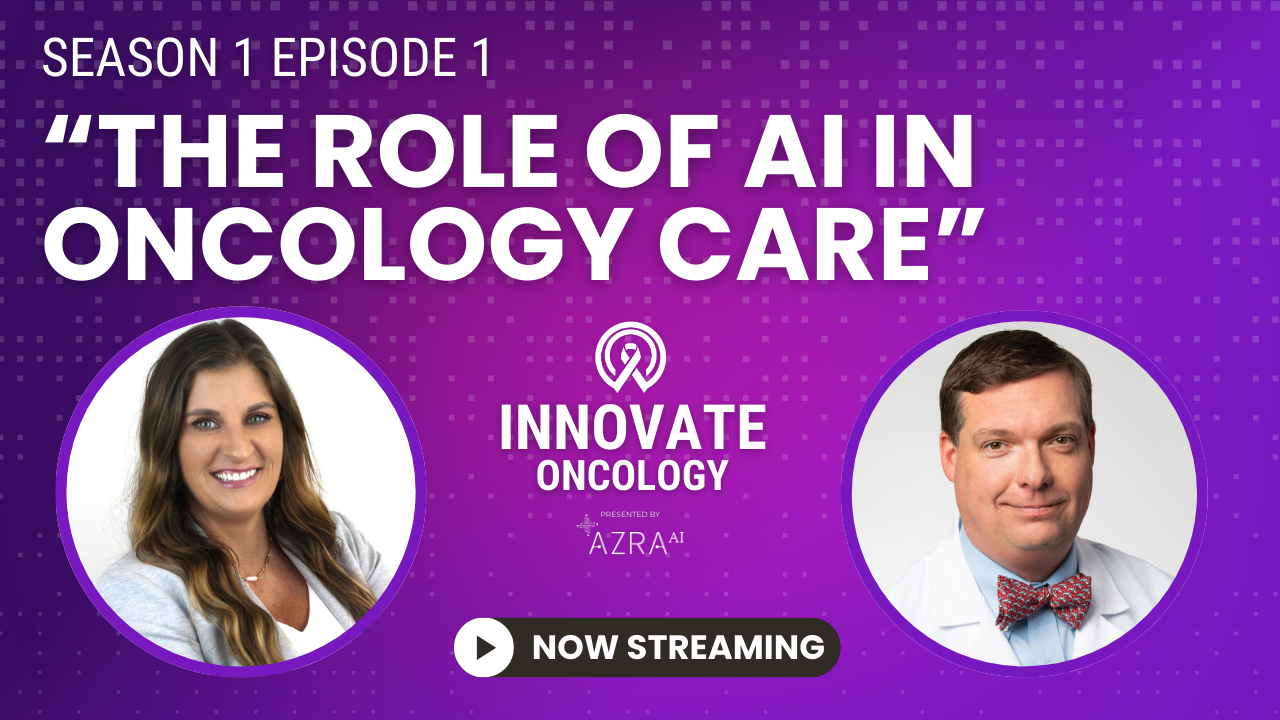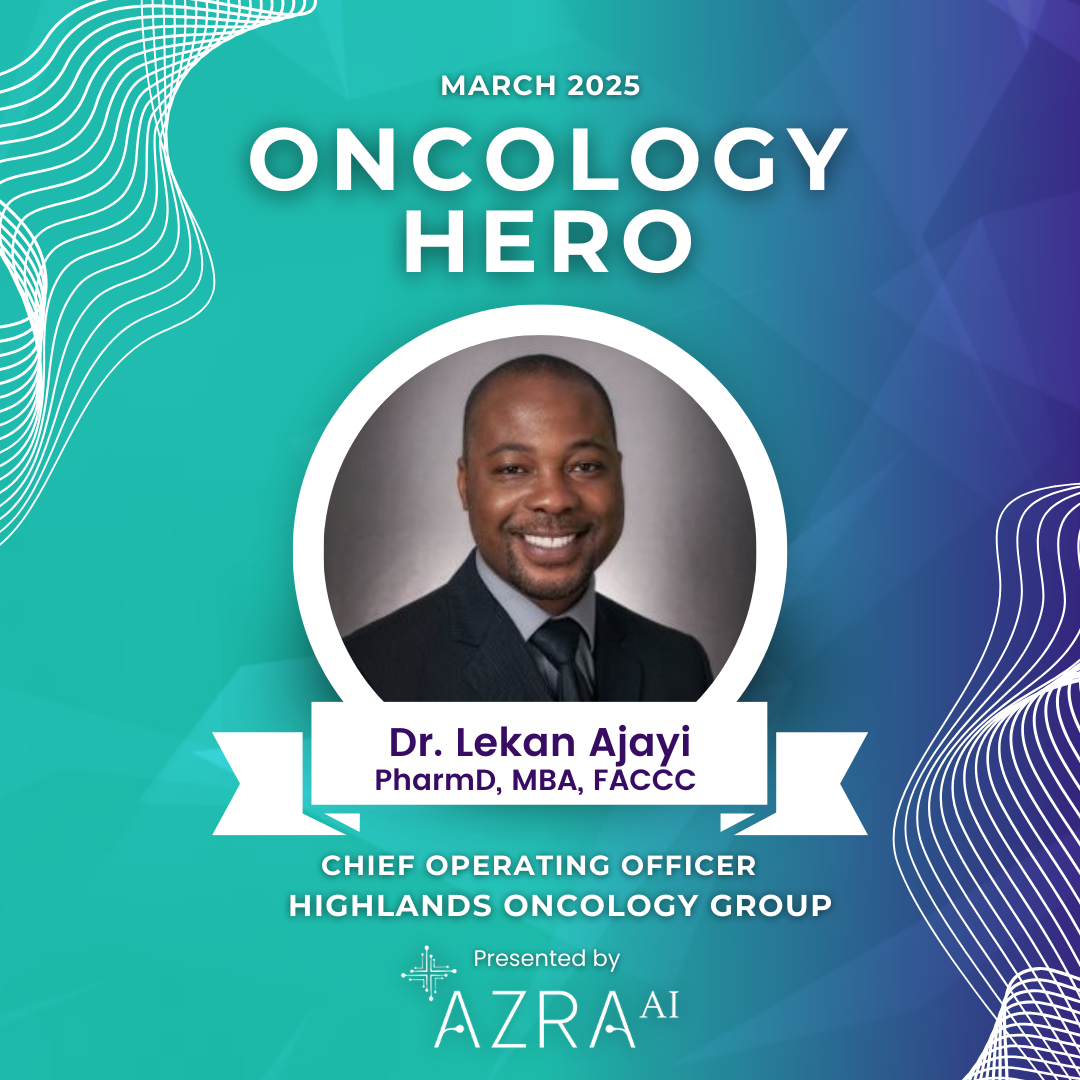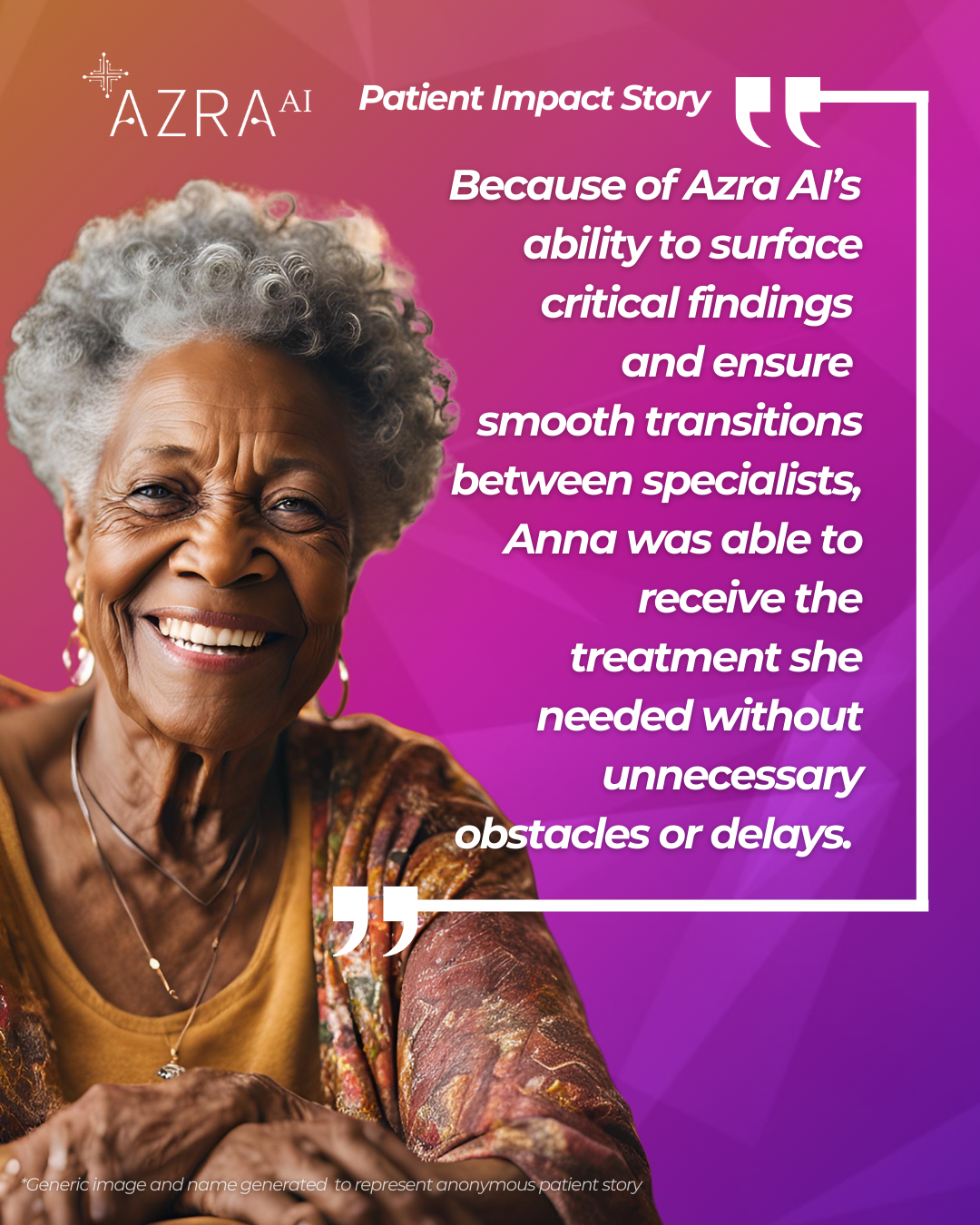Deadly Cancer Symptoms That You Can Spot Early, Including Bleeding: Doctors explain what early symptoms of cancer to be on the lookout for and why.
According to the American Cancer Society, the risk of dying from cancer has decreased over the last 28 years. "The cancer death rate for men and women combined fell 32% from its peak in 1991 to 2019, the most recent year for which data were available." But the disease still remains the second leading cause of death in the United States. The ACS states, "A total of 1.9 million new cancer cases and 609,360 deaths from cancer are expected to occur in the US in 2022, which is about 1,670 deaths a day."
While there have been great advances in medicine and technology that's helped reduce the death rate for cancer, taking control of your own health also plays a role. "I think it is important for people to be as good as they can about health maintenance and screening guidelines," Debashish Bose MD PhD FACS Director of Surgical Oncology Mercy Medical Center, Baltimore MD tells us. "Screening colonoscopy, mammography, and other types of screening in high risk individuals are important tools. If you are diagnosed with cancer, it is important to seek out a multidisciplinary program in the treatment of that cancer."
Dr. Bose adds, "Research demonstrates that fragmented care often results in delays in diagnosis and treatment. If you live in an area that is underserved, obtaining multidisciplinary care at a single institution may not be possible. A consultation with an expert at a center will still be helpful, and that expert will usually be able to work with your local providers to help coordinate your care." Eat This, Not That! Health spoke with experts who share what to know about cancer and deadly signs to be aware of. Read on—and to ensure your health and the health of others, don't miss these Sure Signs You've Already Had COVID.
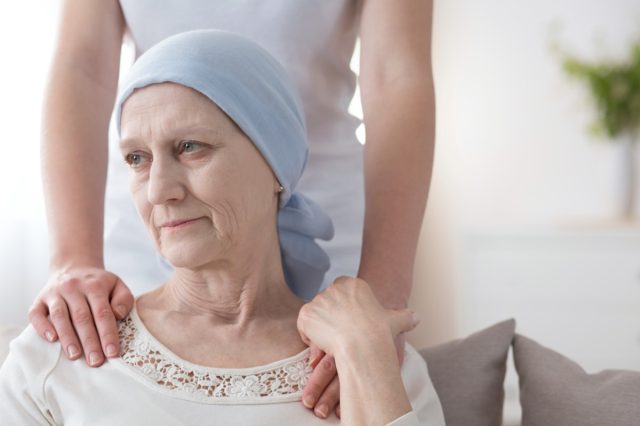
Yung Lyou MD, PhD, Hematology-Oncology Crosson Cancer Institute at Providence St. Jude Medical Center in Orange County, Calif says, "In most cases solid tumors (cancers from a human organ, ie. breast or lung cancer) spread to other areas of your body and grow at a rapid rate decreasing the function of your essential organs leading to multiple organ failure. A couple common scenarios include breast cancer spreading to the brain or colon cancer spreading to the liver and eventually compromising the essential function of the brain or liver and causing failure then ultimately death."
Dr. William Li, physician, scientist, president and medical director of the Angiogenesis Foundation, and author of Eat To Beat Disease: The New Science of How Your Body Can Heal Itself says, "Cancers are abnormal cells that can grow in your organs. Breast cancer are breast cells that are abnormally growing in the breast; colon cancer are abnormal colon cells growing in the colon, for example. The tumor that grows in the organ where they start is known as the primary tumor. Rarely does the primary tumor kill. What happens is that cancer cells can recruit their own private blood supply to feed themselves so they can enlarge. The same blood vessels allow cancer cells to escape into your circulation and lodge in other organs where they grow. Eventually, these abnormal cells spread so extensively throughout the body that they interfere with organ function, and this is why cancer kills. Of course, when cancer is growing and spreading, there is an elevated risk of blood clots which can also kill you. As a general rule, cancers kill when they wreck your organ function."
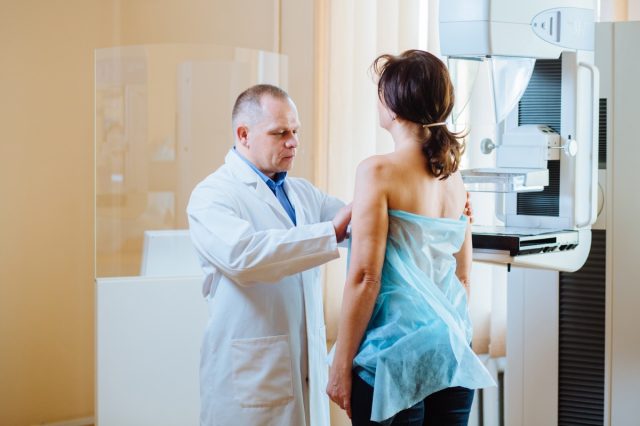
Dr. Lyou explains, " Early stage cancers are usually limited to the primary organ of origin and can often be treated with a combination or surgery, radiation treatment, and/or medicines (ie. chemotherapy, immunotherapy, or targeted therapy). However, late stage cancer that has spread outside of the primary organ and into the rest of the body (otherwise known as stage 4 or metastatic cancer) can often only be treated with medicines (ie. chemotherapy, immunotherapy) but never be fully removed from the body as the cancer cells will eventually develop resistance to treatment and lead to death as discussed above."
Dr. Li adds, "When cancer is detected early, it is more easily and successfully treated. But most cancer is caught when it is very advanced, so treatments are less successful. Late detection is what makes cancer a leading cause of death. This is why cancer screenings, such as mammograms, PAP smears, colonoscopy, and skin checkups are so important."

Chris Cashwell, Chief Executive Officer for Azra AI says, "Cancer in its simplest definition is a clump of cells that crowds out and overtakes the normal cells. It blocks, obstructs, and invades normal cells and tissues. They can not be separated from the normal cells, thus this keeps the healthy cells from completing their normal functions. Early detection and speed to treatment are key for prevention. Delaying or ignoring issues will make circumstances worse. Maintaining a healthy diet and exercising are the best ways to reduce cancer risks.
Early detection and seeking the right treatment at the right time are keys to defeating cancer. While there are great advances in actual treatment, we should use technology to increase the chances that those treatments work by using technology to identify patients faster and be the "quarterback" of their care. Directing patients to the right place and taking a tremendous emotional and mental burden off of them can help lead to better health outcomes."
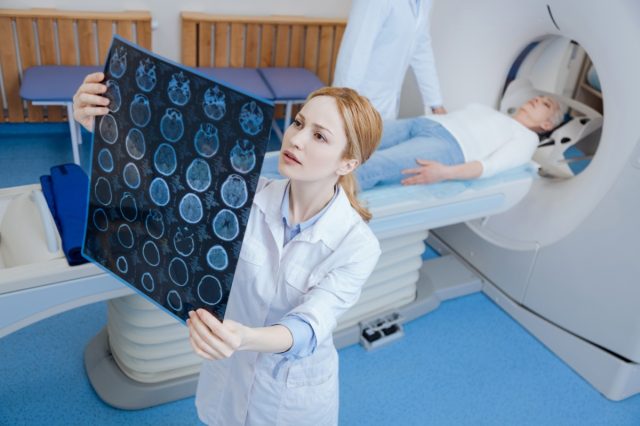
Dr. Lyou says, "Recommended cancer screening procedures such as mammograms and colonoscopies are crucial in detecting cancer at the earliest stage possible and treating it when it is still curable. Smoking has also been linked to increased risk of lung and bladder cancer so not smoking or cessation would be an effective way for prevention."
Dr. Li shares, "Some of the well-established ways to prevent and reduce cancer risk involve not smoking, reducing alcohol intake, and avoiding excessive sun exposure. However, there is growing evidence that eating foods that have natural abilities to prevent tumor blood vessels from growing (cancer starving foods), and foods that kill cancer stem cells, or that lower inflammation or enhance immune function are useful to lower cancer risk. Staying physically active, getting adequate sleep, reducing stress, are also important ways to lower cancer risk."

Joshua G. Cohen, M.D., Medical Director, Gynecologic Cancer Program, City of Hope Orange County. Dr. Cohen practices at City of Hope Orange County Lennar Foundation Cancer Center in Irvine, Calif explains, "It's always best to talk to your doctor about any changes in your body or concerns about your health. This includes unusual vaginal bleeding or discharge, which are common symptoms of all gynecologic cancers except for vulvar cancer. Other common symptoms of gynecologic cancers include feeling full too quickly or difficulty eating, bloating, abdominal or back pain, pelvic pain or pressure, more frequent or urgent need to urinate and/or changes to bowel habits (diarrhea, constipation, blood in the stool). Of course, these symptoms can be signs of other health issues but they should not be ignored. Ovarian cancer, often referred to as the silent killer, causes more deaths each year than any other gynecologic cancer in the U.S.
Bloating, pain in the abdomen and pelvis, difficulty eating or feeling full quickly, pain or bleeding with sexual activity, and frequent or urgent urination are the most common symptoms of ovarian cancer. If something doesn't feel right in your body, trust your intuition and see your doctor as soon as you can. While each type of gynecologic cancer has different risk factors, women can lower their risk of some gynecologic cancers by getting the HPV vaccine and getting their Pap and HPV tests. In addition, know your family history. If there is a strong family history of breast, ovarian, or uterine cancer, you may have inherited DNA from your parents which increases your risk of these cancers. Advocate for yourself and reach out to your medical team to discuss symptoms and your family history."
About Azra AI
Azra AI uses proprietary artificial intelligence software to read millions of unstructured data records and identify at-risk patients in need of follow-up care, resulting in more equitable health outcomes, increased patient retention, and a reduced burden on clinical workers. This revolutionary technology — used in hospitals and cancer centers across the country — accelerates the patient care process and delivers a positive impact on clinical, financial, and operational outcomes. Learn more about Azra AI at https://www.azra-ai.com/ and follow us at @Azra_AI_Health.
